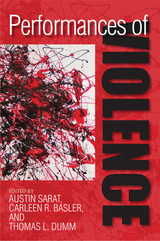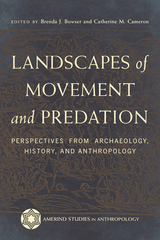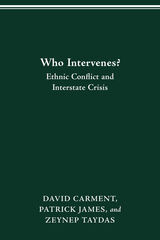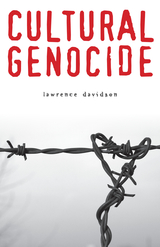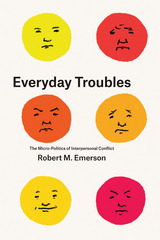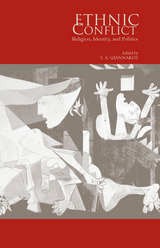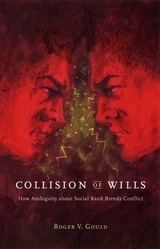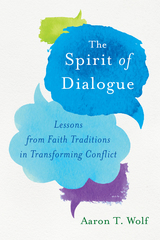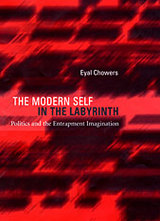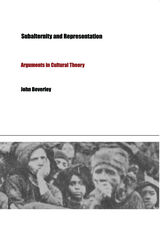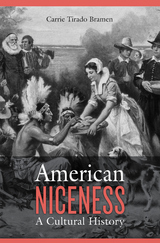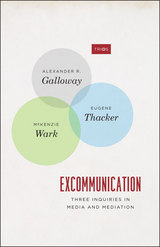Environmental Preservation and the Grey Cliffs Conflict: Negotiating Common Narratives, Values, and Ethos
Utah State University Press, 2024
eISBN: 978-1-64642-576-1 | Cloth: 978-1-64642-574-7 | Paper: 978-1-64642-575-4
Library of Congress Classification HM1126
Dewey Decimal Classification 303.6909768
eISBN: 978-1-64642-576-1 | Cloth: 978-1-64642-574-7 | Paper: 978-1-64642-575-4
Library of Congress Classification HM1126
Dewey Decimal Classification 303.6909768
ABOUT THIS BOOK | AUTHOR BIOGRAPHY | REVIEWS | TOC | REQUEST ACCESSIBLE FILE
ABOUT THIS BOOK
Based on a qualitative, ethnographic, observational case study approach, Environmental Preservation and the Grey Cliffs Conflictpresents an analysis of the conflict negotiation between the U.S. Army Corps of Engineers and a local community that struggled to address a deteriorating Corps-managed recreational lake area in Tennessee known as “Grey Cliffs.” Viewing the dispute from the perspective of a new member of the community and a specialist in technical communication and professional writing, Kristin Pickering provides a unique perspective on this communication process.
Though environmental degradation and unauthorized use threatened the Grey Cliffs recreational lake area to the point that the Corps considered closure, community members valued it highly and wanted to keep it open. The community near this damaged and crime-ridden area needed help rejuvenating its landscape and image, but the Corps and community were sharply divided on how to maintain this beloved geographic space because of the stakeholders’ different cultural backgrounds and values, as well as the narratives used to discuss them. By co-constructing and aligning narratives, values, and ethos over time—a difficult and lengthy process—the Corps and community succeeded, and Grey Cliffs remains open to all. Focusing on field notes, participant interviews, and analysis of various texts created throughout the conflict, Pickering applies rhetorical analysis and a grounded theory approach to regulation, identity, sustainability, and community values to analyze this communication process.
Illustrating the positive change that can occur when governmental organizations and rural communities work together to construct shared values and engage in a rhetoric of relationship that preserves the environment, Environmental Preservation and the Grey Cliffs Conflict provides key recommendations for resolving environmental conflicts within local communities, especially for those working in technical and professional communication, organizational communication, environmental science, and public policy.
Though environmental degradation and unauthorized use threatened the Grey Cliffs recreational lake area to the point that the Corps considered closure, community members valued it highly and wanted to keep it open. The community near this damaged and crime-ridden area needed help rejuvenating its landscape and image, but the Corps and community were sharply divided on how to maintain this beloved geographic space because of the stakeholders’ different cultural backgrounds and values, as well as the narratives used to discuss them. By co-constructing and aligning narratives, values, and ethos over time—a difficult and lengthy process—the Corps and community succeeded, and Grey Cliffs remains open to all. Focusing on field notes, participant interviews, and analysis of various texts created throughout the conflict, Pickering applies rhetorical analysis and a grounded theory approach to regulation, identity, sustainability, and community values to analyze this communication process.
Illustrating the positive change that can occur when governmental organizations and rural communities work together to construct shared values and engage in a rhetoric of relationship that preserves the environment, Environmental Preservation and the Grey Cliffs Conflict provides key recommendations for resolving environmental conflicts within local communities, especially for those working in technical and professional communication, organizational communication, environmental science, and public policy.
See other books on: Academic & Scholarly | Communication | Conflict management | Environmental protection | Tennessee
See other titles from Utah State University Press




